More Christians are killed in Nigeria for their faith than anywhere else in the world. Of the 5,621 people murdered worldwide in 2022 for their belief in Christ, almost nine in ten died in Nigeria, according to the charity Open Doors. On average, this equates to 14 Christians killed every single day last year in Nigeria. Many more Christians are being kidnapped, and there is little sign of this terrible violence ending any time soon.
Such horrifying figures are hard for us in the West to comprehend; we take freedom of religion – a protected right enshrined in law – for granted. But despite the unending and seemingly escalating cycle of persecution, few outside Nigeria seem to care.
The devastating reality for many Nigerians is becoming increasingly hard to ignore. Nigeria is the most populous nation in Africa with 216.8 million people – just over half are Muslim, and there are 100 million Christians. Mass displacement of those fleeing violence could eventually lead to a humanitarian catastrophe in West Africa.
Already many Nigerians are choosing to leave their homes. There were more than 2.2 million internally displaced people (IDP) in Nigeria at the end of 2021, according to the UN. Others – driven out by attacks carried out by jihadist groups like Boko Haram – are leaving the country altogether.
Many Nigerians are choosing to leave their homes
Although Christians face the brunt of terror, they aren’t alone in living in fear. An All-Party Parliamentary Group (APPG) for Freedom of Religion or Belief (FoRB) report, Nigeria: Unfolding Genocide? Three Years On, released this week, details the horrific tide of violence sweeping Nigeria. It recounts the fate of a Sufi Muslim musician accused of blasphemy in Kano state: his family home was burned down, and he was found guilty of blasphemy, receiving the death sentence in 2020. The conviction was later overturned by a higher court in 2021. In April 2020, the head of the Humanist Association of Nigeria, Mubarak Bala, was arrested and prosecuted in relation to alleged blasphemous Facebook posts. Last year, he was sentenced to 24 years in prison.
But the authorities are not always so rigorous in cracking down. It has now been over a year since the Pentecost Sunday attack on St. Francis Catholic Church in Owo (Ondo State) on 5 June 2022, in which 50 Christians, including children were slaughtered, and the priest abducted. No one has yet been brought to justice.
Islamic State West Africa Province (ISWAP) is thought to be responsible, but they are not the only group that Christians live in fear of. Aside from the seasoned AK-47 toting jihadists of Boko Haram, ‘radicalised’ Fulani herdsman are responsible for much of the land grab related carnage targeting Christian farmers in the country’s Middle Belt region.
‘One of our major concerns is the lack of media coverage of the people suffering so much and in such great need in the Northern and Middle Belt regions of Nigeria,’ says Baroness Cox, who has personally witnessed the immediate aftermath of Islamist attacks on villages, having narrowly escaped a Fulani gunmen ambush herself in 2016. Cox, who is president of Humanitarian Aid Relief Trust (HART), which supports civilians in the Middle Belt region, says the horrors faced by Christians there often go unreported:
‘This lack of media coverage means that many people in the international community are often ignorant of the acute needs of the civilians – who are often left unreached, unhelped, and unheard.’
The 2014 abduction of 276 schoolgirls by Boko Haram made international headlines, thanks to the intervention of Michelle Obama, and the accompanying hashtag #BringBackOurGirls. Yet the kidnappings of girls and clergy since has failed to capture the same level of international attention.
But what, if anything, can outsiders do to stymie the unending cycle of Christian persecution, described by the Archbishop of Nigeria as ‘genocide in slow motion’? In December 2020, the International Criminal Court (ICC) concluded that there was reasonable ground to believe that Boko Haram and its splinter groups (in addition to Nigerian security forces) had committed crimes against humanity and war crimes. Catholic peer Lord Alton informs me the next step should have been to request authorisation from the ICC’s Pre-Trial Chamber to open an investigation into Nigeria.
Whether this happens remains to be seen. But, in the meantime, more and more Nigerian Christians are losing their lives.
Got something to add? Join the discussion and comment below.
Get 10 issues for just $10
Subscribe to The Spectator Australia today for the next 10 magazine issues, plus full online access, for just $10.

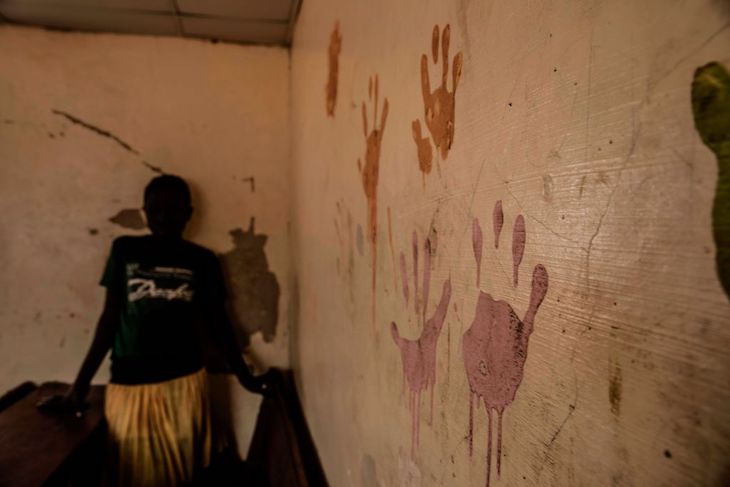
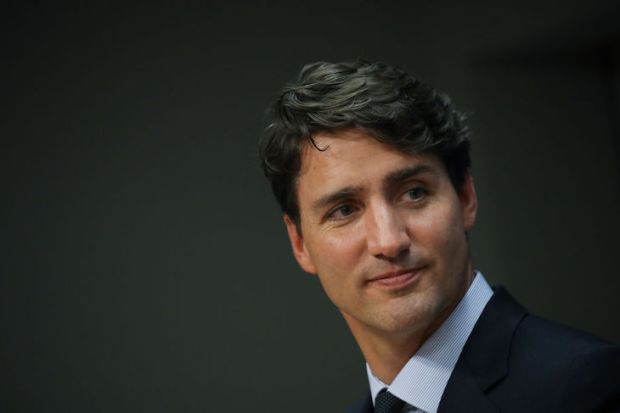
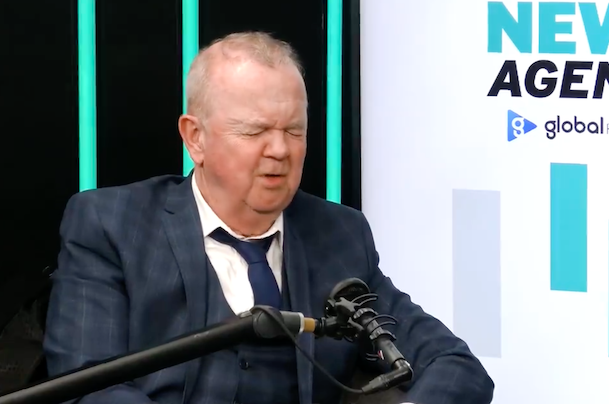
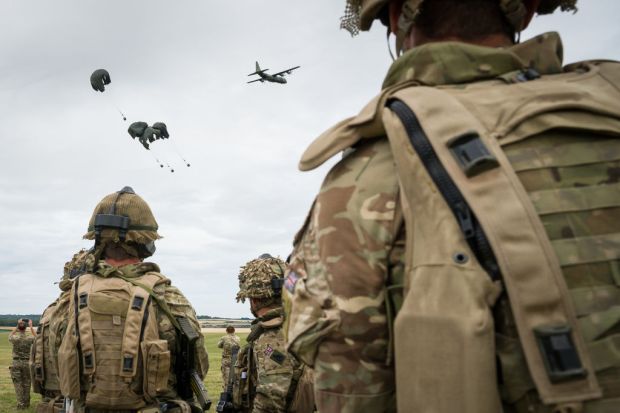
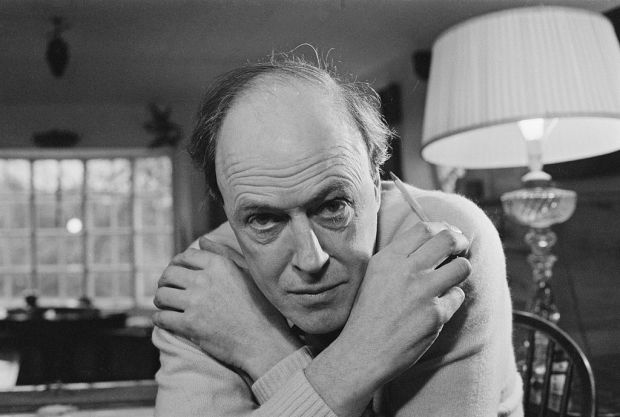
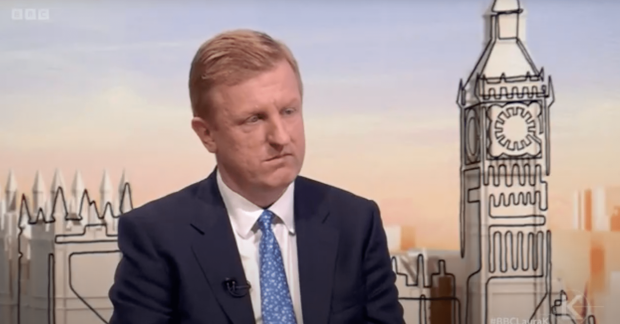
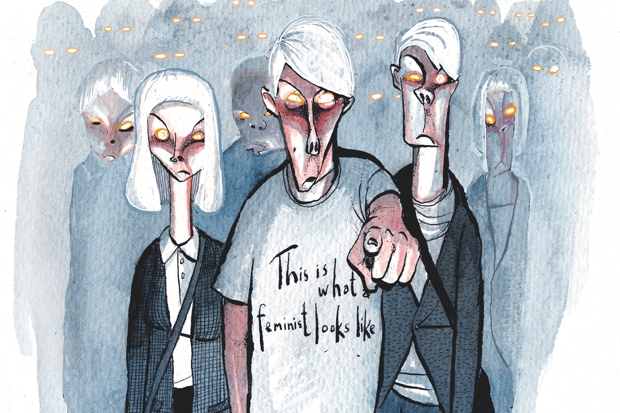












Comments
Don't miss out
Join the conversation with other Spectator Australia readers. Subscribe to leave a comment.
SUBSCRIBEAlready a subscriber? Log in